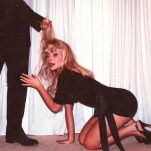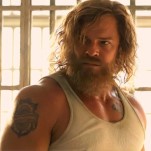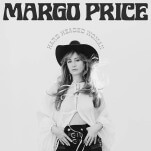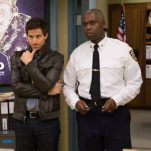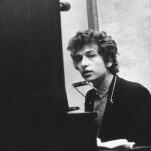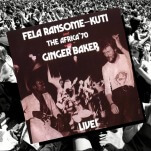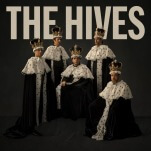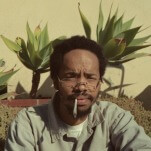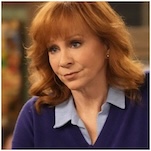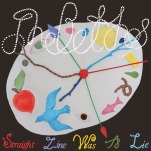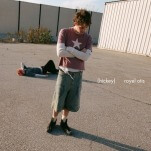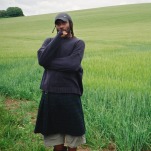Angelica Baker Talks Our Little Racket and Offers an Intimate Look at the Great Recession’s Villains
Author photo by Streeter Phillips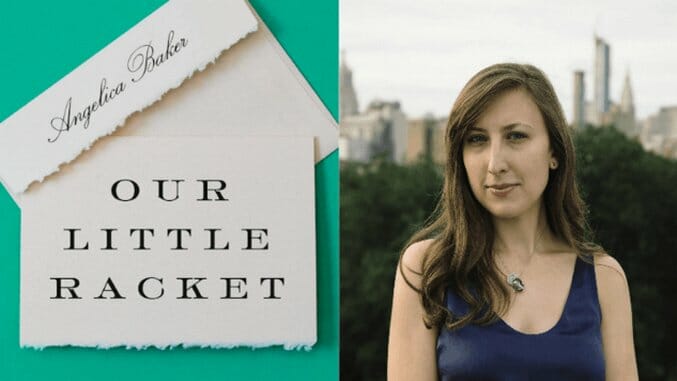
The 2008 Great Recession had one of the most significant impacts on the way we understand the United States’ political, economic and social standing today. The predatory practices of the country’s largest banks and major financial institutions’ remain a lightning rod for how we talk about inequality; the resulting crash forever marked Wall Street as code for extreme upper-class disdain and its willingness to destroy individuals on lower rungs of the economic ladder.
The story we tell about the financial crisis—and the people responsible for the pain it has wreaked—has crystallized into near unchallengeable legend. But in her debut novel Our Little Racket, Angelica Baker complicates that narrative by examining the crisis from an obscured angle: through the eyes of the women who lived alongside the men responsible for it. In exploring five women’s perspectives, Baker unravels what it means to be in close proximity to those who are doing wrong.
“There was a period of time when it felt like everybody was holding their breath and waiting to see what happened,” Baker tells Paste. “Now we know nothing really changed. But for a while, it did seem like everyone was waiting to see how things were going to reorder themselves.”
The more Baker thought about the financial crisis and subsequent narrative that emerged around the men who controlled Wall Street, the more fascinated she became by the men’s families. “As I started reading about the people involved, I thought, ‘What would it be like to be in that family, waiting for everyone to tell you what it meant about you?’”
Our Little Racket follows the women who surround Bob D’Amico, the CEO at a fictional investment bank on the brink of investigation and possible collapse. As Bob spends more and more time at the office—and as rumors about the impending crisis begin to swirl around the gated community where he and his family make their home—his wife Isabel, his daughter Madison and his children’s nanny Lily struggle to understand what is happening as they defend their home from prying eyes. Isabel’s friend Mina is simultaneously competitive and supportive, while Madison’s friend Amanda has parents who are working to promote the narrative of guilt, creating an uncomfortable tension even in moments of close intimacy. The women must also grapple with where they stand in the growing public spectacle surrounding Bob and the company he ran—all under the scrutiny of a country eager to for some form of justice.
Bob himself is the heart of the story, yet he remains deeply obscured from the reader. His image in the novel is shaped by female characters; his wife and daughter know his passion, temper and secrecy, while the wives of his colleagues waffle between self-protection and compassion for the D’Amico family.
-

-

-

-

-

-

-

-

-

-

-

-

-

-

-

-

-

-

-

-

-

-

-

-

-

-

-

-

-

-

-

-

-

-

-

-

-

-

-

-







